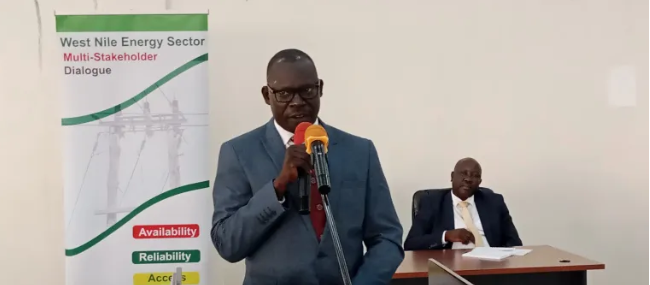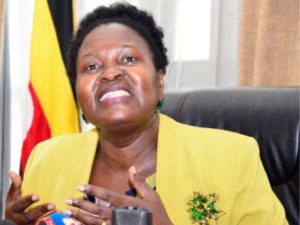
The signing of the power sale agreement between the governments of Uganda and South Sudan has drawn more criticism than excitement from West Nile leaders.
According to the Energy Minister Ruth Nankabirwa, the agreement that was signed on Tuesday, June 27, 2023, is meant to boost power trade between the two countries and also bring life to the border towns of Oraba, Elegu, Kaya and Nimule.

The development follows the December 2015 Memorandum of Understanding (MOU) that was signed between the two countries to develop the project.
However, members of West Nile Parliamentary Caucus criticized the government for not prioritizing electrification of the region that has remained off the national grid for years.
The Caucus Spokesperson and Member of Parliament (MP) for Obongi County, Dr. George Bhoka Didi said that, although they fully support regional integration and trade, the needs of Ugandans should be prioritized.
“While on one hand, we appreciate the reasons towards regional integration to take advantage of the regional markets, we have a saying that charity begins at home. Hardly, there are a number of poles that have been hang across the districts that have not been powered,” Didi said.
He added, “I think it would give Ugandans confidence about their government. If this can be prioritized, we do not mind about export of power to our neighbors like Kenya, Rwanda, DRC Congo and South Sudan. By the time we go to service our neighbors, I think we need to start with our home.”
The Nile Equatorial Lakes Subsidiary Action Plan (NELSAP), was mandated to coordinate joint development of the transmission line in the MoU signed between Uganda and South Sudan in December 2015, with an aim of enhancing regional productivity and supporting security along the border towns.














